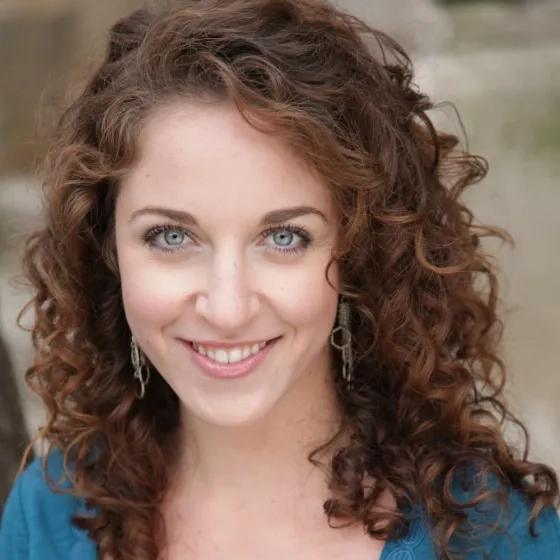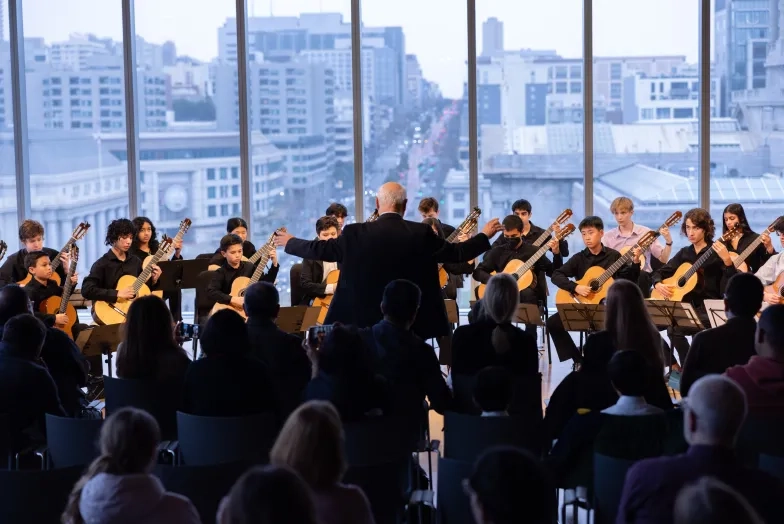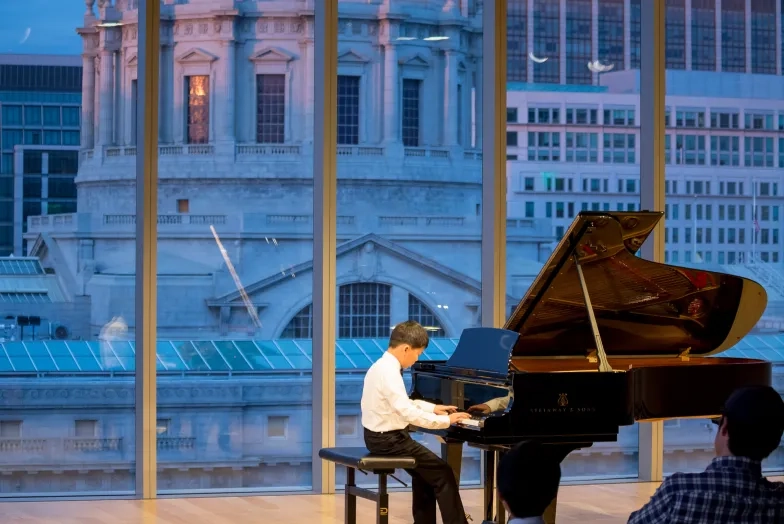Sat
Apr
19
9:00 AM

Education
AmSAT Certified from The Alexander Educational Center
BFA Boston University
Courses Taught
Alexander Technique
What is your hometown?
Boston, MA
What are you passionate about outside of music?
Hiking, Traveling, and Cooking
Who were your major teachers? (List three or fewer.)
Robert Britton, Giora Pinkas, John Barron
What is a favorite quote that you repeatedly tell students?
The Alexander Technique is the best thing you can do in any moment to improve your quality of being.
What question do you wish students would ask sooner rather than later?
How am I using myself right now? When considering any problem (technical, musical, physical) I wish students would keep in mind that as human beings they are individual and indivisible from all their actions. Carrying their instrument up a flight of stairs might be a more physical activity, then say reading a score, but both activities are involving your whole being. Your daily practice may seem to mostly be a matter of training your body, yet there never exists a separation between body and mind.
What was a turning point in your career?
My first Alexander Technique Lesson. It was a required course at Boston University for my major, and I had never experienced anything like it. In a matter of minutes the AT teacher was getting me to sing in ways I only dreamed possible, and she helped me experience technical proficiencies by moving my body without even talking about my voice. In that first class my whole perspective of what it meant to be a performer changed and I knew in that moment I would train as an AT teacher.
If you weren't a musician or teacher, what do you think you would be doing now?
I think I would enjoy being a doctor or in healthcare in some capacity
What is your daily practice routine?
In every movement you do, you can practice the Alexander Technique, so from the moment I wake up I am utilizing the principles. More formally, I do a formal AT Constructive Rest practice every evening.
If you could play only three composers for the rest of your life, who would they be?
Hub Miller, Bernstein, Bach
What is your unrealized project?
Robert Britton and I are working on An Alexander Technique book for singers that shows how postural changes affect the acoustic spectrum, enhance vocal formants, and modify vocal quality.
What do you think makes a concert experience unique?
The palpable, spontaneous, human connection that is created between the musicians and the audience in that moment that can never be repeated.
As an Alexander Technique teacher Danielle works with all kinds of musicians and instrumentalists to adjust their posture for peak performance. In AT lessons, students learn to organize themselves effectively to avoid injury and to identify and correct problem-causing habits related to repetitive movements. She loves helping musicians refine the quality of their physical movements, and leading them to discover improved musicality and ease in the quality of the music itself.
Danielle maintains both a private Alexander Technique studio and vocal studio in Lafayette,CA and in addition to her work at SFCM is an an Adjunct Professor of Movement at Academy of Art University in San Francisco.
She is AmSAT Certified from The Alexander Educational Center where she studied with (where she studied with international renowned teachers Giora Pinkas, Robert Britton, and John Barron) and holds degrees from Boston University and studied at the London Academy of Music and Dramatic Arts.


